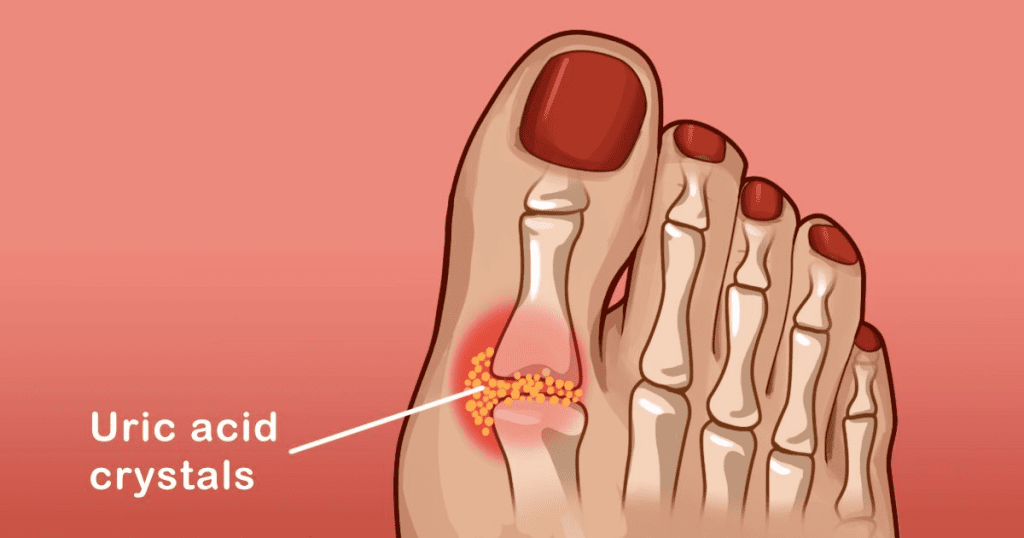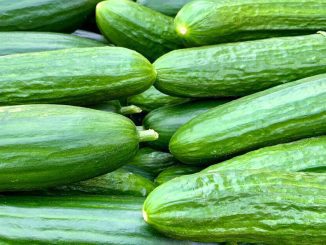Uric acid is a natural byproduct of the body’s cellular breakdown and the foods we consume. When levels soar due to overproduction or inadequate elimination by the kidneys, it can lead to painful conditions like gout and kidney stones. Luckily, there are several natural strategies to keep your uric acid levels in check. Let’s explore these nine potent methods.
Understanding Uric Acid and Its Implications

Before diving into solutions, let’s grasp why maintaining balanced uric acid levels is crucial. Excess uric acid can form crystals in your joints, causing severe pain, particularly in the big toe and other areas. It can also contribute to kidney issues. While medications exist, lifestyle adjustments can often serve as effective, natural alternatives.
1. Limit Your Intake of Purines
High-purine foods can spike uric acid levels, so it’s wise to limit your consumption. Purines, found in red meat, oily fish, and certain beers, convert to uric acid during digestion. Consider incorporating lean proteins like chicken or plant-based options into your meals instead. This simple dietary switch can lead to significant improvements in your uric acid levels.
2. Avoid Fructose
Beware of sugary drinks! Fructose-laden beverages, including sodas and certain fruit juices, can exacerbate uric acid production. Research indicates that consuming more than six servings of high-fructose drinks weekly raises the risk of gout. Opt for water or herbal teas to quench your thirst and support uric acid management.
3. Enjoy More Dairy
Dairy products like milk, cheese, and yogurt can be your allies in the battle against high uric acid. Low-fat dairy has been shown to enhance uric acid excretion. So, why not indulge in a refreshing yogurt parfait or a glass of milk? It’s a delicious way to help regulate your levels!
4. Stay Hydrated
Water is essential for maintaining balanced uric acid levels. Adequate hydration helps dilute uric acid and supports kidney function, allowing for better elimination. Aim for at least 8-10 cups of water daily. You might even consider infusing your water with slices of lemon or cucumber for a refreshing twist.
5. Cut Back on Alcohol
While you might enjoy unwinding with a drink, alcohol, especially beer and wine, can significantly increase uric acid levels. Studies show that even small amounts of wine can double the risk of gout attacks. If you’re serious about reducing uric acid, it might be time to reconsider your beverage choices.
6. Incorporate Anti-Inflammatory Foods

Eating more fruits and vegetables can work wonders for your health. Cherries, blueberries, and strawberries, in particular, are loaded with antioxidants and compounds that help lower uric acid and reduce inflammation. Try adding a handful of these berries to your breakfast or snacking on them throughout the day. Pineapple and celery are also great additions for their anti-inflammatory properties.
7. Cook with Olive Oil
Switching to olive oil in your cooking can make a difference. Unlike other vegetable oils that can turn rancid when heated, olive oil remains stable and is rich in vitamin E, which helps manage uric acid levels. Use it for sautéing vegetables or as a dressing for salads—it’s both tasty and healthy!
8. Don’t Forget Vitamin C
Boosting your Vitamin C intake can enhance uric acid excretion. Foods like oranges, strawberries, and bell peppers are packed with this vital nutrient. You can also consider supplements if you find it hard to get enough from your diet. A little boost of Vitamin C can go a long way in supporting your body’s uric acid management.
9. Maintain a Healthy Weight

Weight management is key. Excess body weight can contribute to higher uric acid levels and make it harder for your kidneys to excrete it. By adopting a balanced diet and staying active, you can achieve and maintain a healthy weight, which in turn helps keep uric acid levels stable.
Conclusion: Taking Control Naturally
Managing uric acid levels doesn’t have to be complicated. By implementing these nine natural strategies, you can make a significant impact on your health. From adjusting your diet to staying hydrated and maintaining a healthy weight, these lifestyle changes can help you avoid the painful consequences of high uric acid. If you’re already experiencing symptoms, don’t hesitate to consult a healthcare professional for personalized advice and support. Your joints will thank you!


